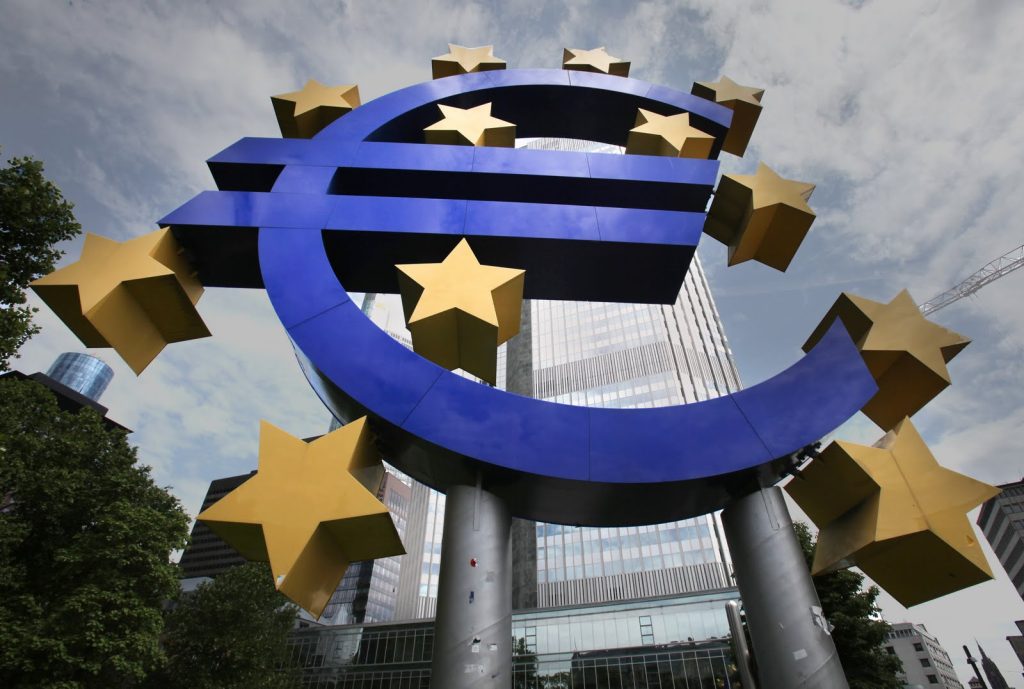As the leaves begin to turn in Europe, the economic climate seems poised for change as well. Following unexpected dips in the inflation rates of Germany and Spain in August, the Eurozone’s inflation rate has also descended to its lowest ebb since July 2021. Against this backdrop, the European Central Bank’s (ECB) upcoming session on September 12th is widely anticipated to bring a further rate cut, marking the second such move since the initial reduction in June.
The Debate Within: A Question of Pace
However, beneath the veneer of consensus lies a schism within the ECB: a tug-of-war between concerns over a looming Eurozone recession and the persistent specter of inflation. This divide has bred two camps: one advocating for swift rate cuts as inflation targets near fulfillment, aiming to stimulate economic growth; the other urging caution, wary of inflation’s potential resurgence. This dichotomy suggests a more intricate future for the ECB’s monetary policy decisions.
At the heart of the internal debate is how economic sluggishness and the potential for recession might influence inflation, with the ECB’s target being to bring inflation down to 2% by the end of 2025.

Officials in favor of a more aggressive rate-cutting approach argue that the Eurozone’s economy is weaker than perceived, with recession risks climbing. Companies that have been hoarding labor are beginning to trim job vacancies, leading to a softer job market. A decline in employment could quickly erode disposable income, and in turn, consumption, creating a ‘self-reinforcing’ recessionary cycle. The ECB is already lagging in the pace of rate cuts, they argue, necessitating quicker action moving forward.
Conversely, those advocating for a more measured approach to rate cuts point to the Eurozone’s economic performance, which has consistently outpaced gloomy survey results since the rapid rate hikes began in 2022. With robust consumer spending and a budding rebound in construction, the Eurozone’s future growth prospects remain significant. Wage growth continues to exert pressure on Eurozone inflation, and with real incomes rebounding swiftly, there’s a potential for future inflationary spikes. Moreover, despite the manufacturing sector’s malaise, with Germany potentially on the brink of recession, such issues are seen as structural, potentially requiring years to resolve, and not easily mitigated by rate cuts alone.
Jens Weidmann, President of the Bundesbank, recently stated that the 2% inflation target has not yet been met, cautioning against reducing key interest rates too swiftly. Weidmann also predicts that inflation exceeding the 2% target will persist until 2025. ECB Executive Board member Isabel Schnabel echoed these sentiments, asserting that inflation concerns should override considerations for economic growth. “Monetary policy should continue to focus on bringing inflation back to our target promptly. Despite increased risks to economic growth, a soft landing still appears more likely than a recession.”
Amidst these divergences, while the September rate cut by the ECB seems all but nailed down, whether the cuts will continue into October remains a question. Doves within the ECB hope President Christine Lagarde will highlight the risks to economic growth and signal openness to consecutive rate cuts; hawks fear such messaging could inflate market expectations, potentially cornering the ECB. Currently, investors estimate the probability of an ECB rate cut in October to be between 40% and 50%.





























